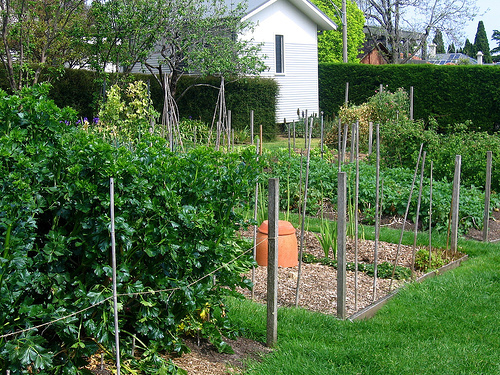
Mulching is one of the few gardening practices that is indispensable to gardeners in any zone. Mulch in vegetable beds as well as flower beds and borders is one of the best ways to save time, water and your back. It’s unrivaled as a weed-suppressor and some mulches have pest and disease discouraging properties, as well.
Whether you choose organic or inorganic mulch depends on what your growing and personal preference. But all mulches can be counted on for water retention and as weed barriers. Less weeding is, quite frankly, what perked my interest in mulches to begin with.
I can offer you the excuse that I’m not as young as I used to be and my body reminds me after every weeding session in the garden. While I wouldn’t be lying, the honest truth is I’m too antsy to weed properly and I like short cuts. So I thought I’d share what I’ve learned about mulching in my flower borders and veggie beds so that anyone who hasn’t heard about the many virtues of this practice can join in the fun. Instead of wasting time weeding, you can spend it doing more important things like kicking back with a good friend and a Mojito somewhere.
Organic Mulches
Organic mulches are products of the former living variety. That is, they were once alive, and now they are dead – but just as useful. The extra perk that comes with using organic mulch is that it eventually breaks down and builds the soil as it decomposes. By “builds soil”, I mean both in volume and as a nutrient for the living organism that soil is. This is very cool and PC of organic mulch and we like it for this reason.
Some examples of organic mulch are shredded bark, wood chips, chopped leaves, pine needles, sawdust, straw, cut grass and newspaper. Which product you use depends on what look you prefer, what you’re growing, and what you can get your hands on. Some gardeners don’t like the look of straw as it gives a rather farm-ish appeal. I happen to love the barn look, so I use straw a lot.
Also, if you’re thinking of using pine needles that your cousin bagged up from under his trees in Lake Tahoe, make sure you’re placing it in a bed full of acid-loving plants such as azaleas or camellias. Of course, if your pockets run deep, there are limits to what you can use, but if you want to do the hip thing and be frugal, you’ll need to get creative and scour your neighborhood for less expensive (or free) options. Some cities even give away mulch to residents so don’t forget to look into that prospect.
Living Mulch
If you’re a gardener with enough dead things in your garden, try your hand at living mulch (unless you’re just going to kill that, too). Traditionally, living mulches are used to grow in a bed between plantings and then are turned over just before they die to add nutrients such as nitrogen to the soil before another crop is planted. Incidentally, this practice is called using “cover crops” and that definition is in a nutshell.
But you can grow clover in between tall crops such as corn or runner beans (say, on poles). Also, there’s Hairy Vetch (Vicia villosa) which is great, too. Fair warning, don’t use hairy vetche’s cousin Crown Vetch (Coronilla varia) unless you want a crown vetch crop – which you don’t. Vine crops such as pumpkins also serve as a living mulch and will serve to double your garden space.
Inorganic Mulches
I wouldn’t rule out inorganic mulches entirely, either. These can be the perfect way to go, once again depending on your needs. Inorganic mulches include landscape cloth and black plastic. I’m not sure where rocks and pebbles fall because although they are certainly organic, they don’t break down into the soil…so place them where you will they are great as mulches.
You might want to use black plastic if you have a bed of heat-loving veggies such as eggplant or tomatoes. These guys will reward you handsomely for your brilliance. For me, The other obvious reason for choosing inorganic mulch is if you happen to have it on hand. This is just about as PC as it gets. Okay, you may not be using organic stuff that’ll break down naturally, but you’re recycling and this scores you just as many cool points.


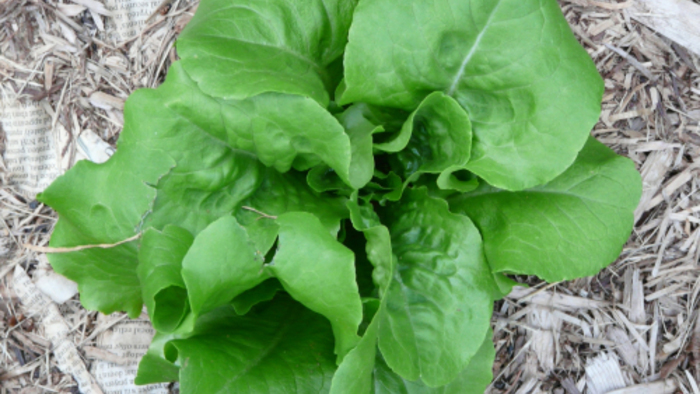



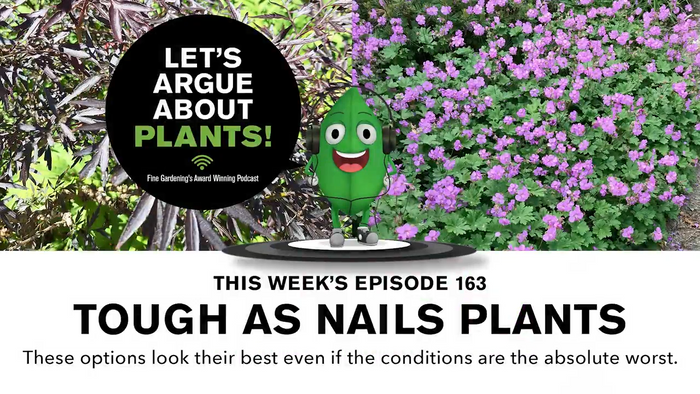
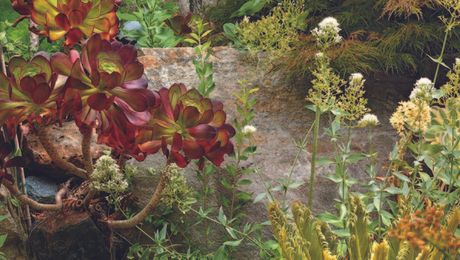
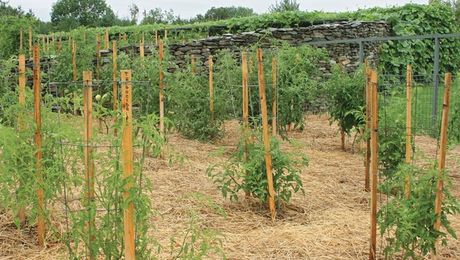









Comments
Log in or create an account to post a comment.
Sign up Log in